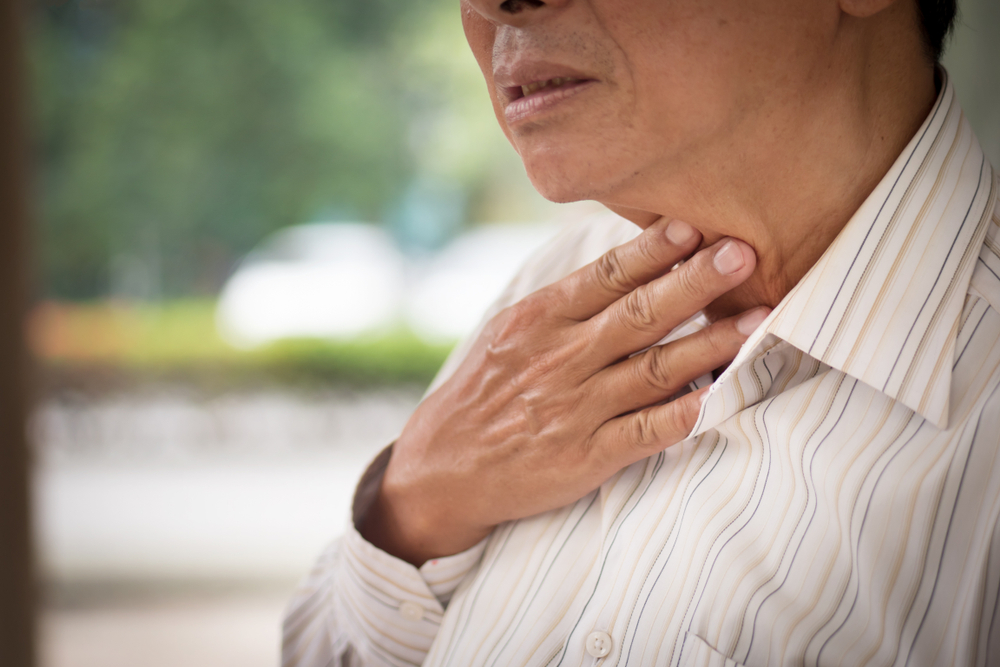A cancer diagnosis represents one of the darkest days in a person’s life. They are confronted with a disease that is relentless and causes unease with everyone close to you. Dealing with the aftermath of the diagnosis is critical to finding a way forward and beating it. For most people, receiving an early diagnosis is essential to fighting back against cancer, but how do you know to get screened for oral or throat cancer? There are some tell-tale signs to look for before an official diagnosis and treatment plan.
What to Look For
Cancers that affect your mouth, lips, tongue and the inside of your cheeks are referred to as oral cancer. Types that develop towards the back of your mouth and throat are classified as oropharyngeal cancer. The key to an early diagnosis relies on knowing which signs to look for at home. Some indicators include sudden hoarseness in your voice, difficulty swallowing your food, lumps or sores that refuse to heal, and ear pain are some of the most common signs. As soon as you begin to see one or more of these symptoms persist for more than two weeks, consult your dentist or physician.
Some oral cancers can also be “silent” and present without any pain. These are usually located on the top and sides of one’s tongue. Discoloration of the tongue with deep red or fixed white lesions can mean a biopsy is in order. The best treatments for these types of cancers are completed while catching their diagnosis as early as possible. That means consistent screenings by a dental professional to rule out their presence during your routine cleanings.
Treatment Options
After the shock of the initial diagnosis, you have some choice in the path ahead. Typically, surgery, radiation, and chemotherapy are the main treatment options for dealing with the diagnosis. However, the place and severity of the cancerous cells determine which treatment option is the best course of action. For stage I and II, a combination of surgery and radiation therapy can be utilized. The surgery will excise the cancerous mass, and radiation therapy will treat any bit that may have been left behind. As the severity increases and cancer begins to infect other areas of your body, it requires a more aggressive approach and includes a chemotherapy-heavy treatment plan.
Any cancer diagnosis throws a person through the emotional ringer. Everything that you thought you knew about your health has changed, and you have to start making tough decisions about how to proceed. With consistent, routine visits to the team at Hamilton Dental, who can help with oral surgery for Mercer County, NJ residents and beyond, you have a strong chance to find a diagnosis early and a better chance of getting the best treatment possible. Know the symptoms to look out for, be aware and knowledgeable about your treatment options, and have faith in the medical and dental team helping you along the way.
For those looking to get a consultation for routine care or for other diagnostic or restorative care (such as ceramic crowns in the Hamilton NJ area), contact Hamilton Dental today!







